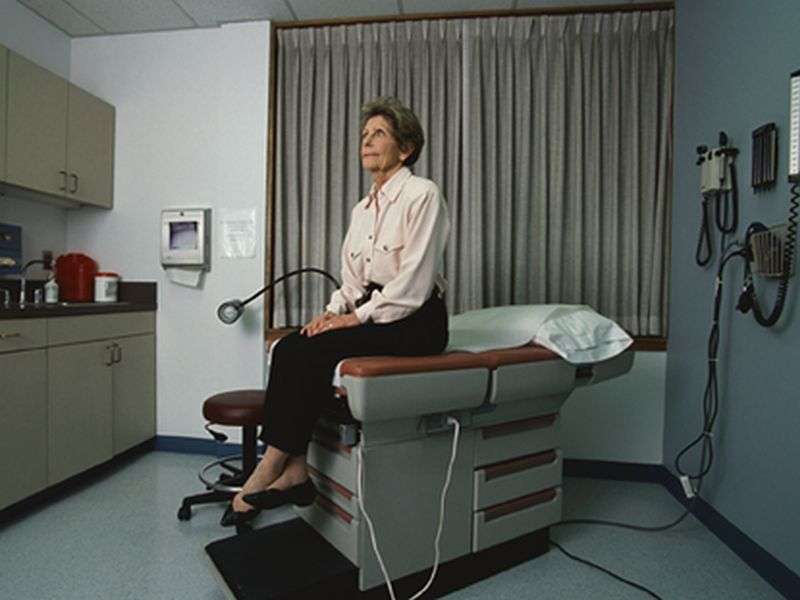Managing pain can be a puzzle after breast cancer

(HealthDay)—Breast cancer patients who take opioid painkillers are more likely to discontinue an important hormone treatment that helps ensure their survival, researchers report.
Use of prescription opioids such as OxyContin (oxycodone) and Vicoprofen (hydrocodone) was "significantly associated" with failure to adhere to the hormone therapy and a higher risk of death, the study found.
"It's not a big secret that the U.S. uses more opioids than any other country in the world," said researcher Rajesh Balkrishnan, of the University of Virginia School of Medicine's department of public health sciences.
"Clearly there has to be better management of opioids in the elderly cancer population," Balkrishnan said in a university news release.
For the study, researchers analyzed follow-through rates for adjuvant endocrine therapy—commonly called hormone treatment—among more than 10,000 women treated for breast cancer. This treatment is used to prevent the cancer from returning.
The patients' average age was 72. Those who were younger, single, suffered from depression or had more advanced disease were more likely to take prescription opioids, the investigators found.
Painkillers were more often prescribed for women who had chemotherapy and breast cancer surgery than those receiving radiation therapy. The researchers speculated that newer, less painful targeted radiation therapy could help explain this finding.
The study doesn't show a causal relationship, however, and opioid use itself may not be the reason patients don't follow through with their hormonal therapy, the researchers noted. The hormonal treatment, which is taken for up to 10 years, is associated with many unpleasant side effects, causing many women to discontinue the therapy.
"The main problem is that these hormonal medications have so many side effects that women do not want to take them," said researcher Dr. Leslie Blackhall, a pain management expert at UVA Health System.
"They can cause really severe joint and muscle pain in a significant number of women. These women switch from one agent to the other but still can't tolerate them. They are then given opioids for the pain, which may or may not help," Blackhall explained.
More research is needed to determine if opioid use itself increases death rates among breast cancer patients. Up to 60 percent of these patients suffer from chronic pain related to treatment, and many need powerful painkillers. However, because they are highly addictive, there is mounting pressure on doctors to limit opioid prescriptions, the study authors noted.
"A lot of doctors feel worried about prescribing them," Blackhall said.
The researchers said their findings could prompt more research and discussion on pain management among cancer patients.
The study results were published in the journal Breast Cancer Research and Treatment.
More information: The U.S. National Institute on Drug Abuse provides more on opioids.
Copyright © 2017 HealthDay. All rights reserved.
















